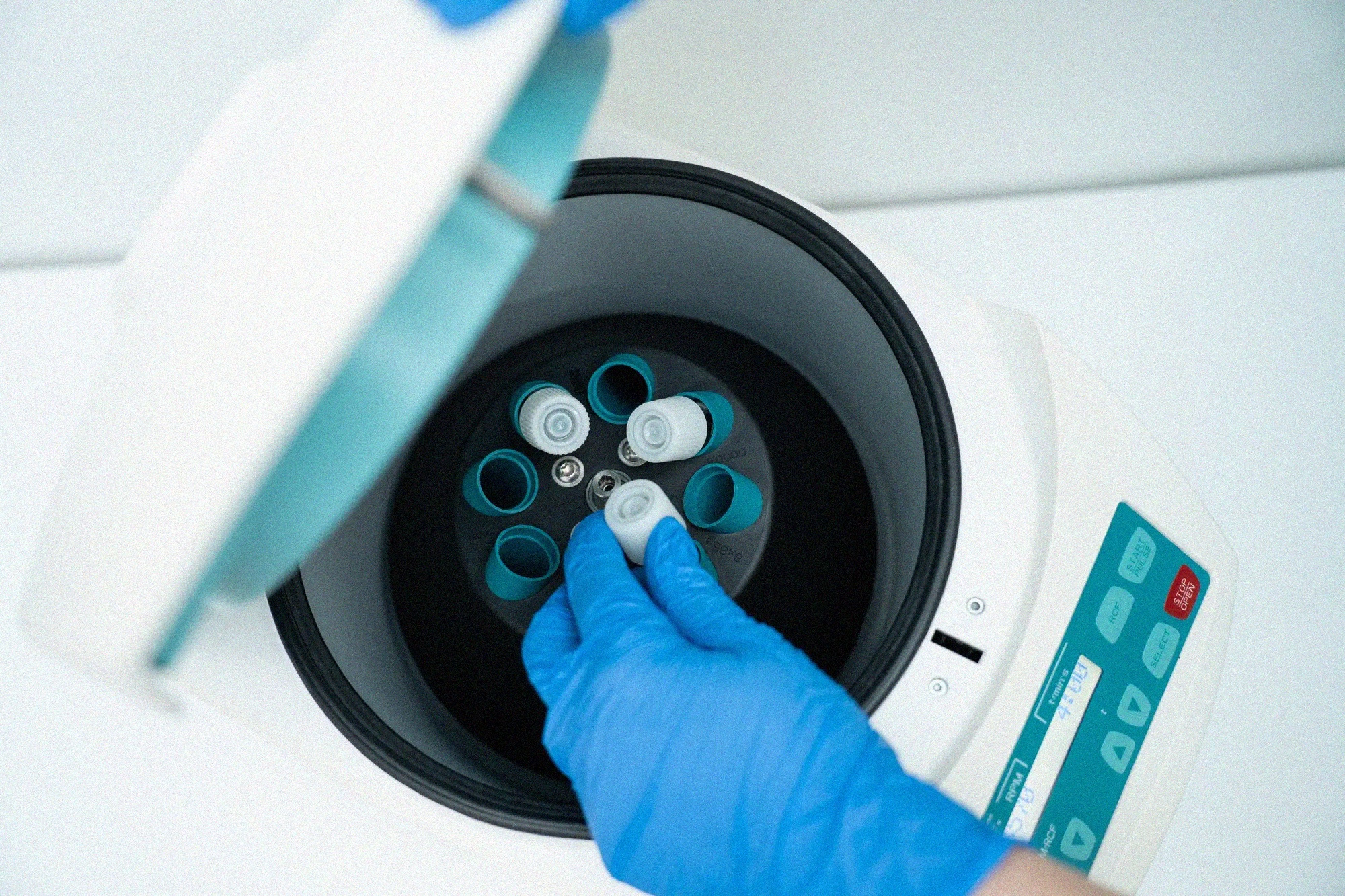Everything You Need to Know About the Egg Freezing Process | Sunfish
Egg Freezing: Everything You Need to Know
Conversations about egg freezing seem to be everywhere these days, but the actual process might still feel like a mystery. Whether you're exploring your options or ready to take the next step, we'll walk you through egg freezing step by step to help you understand the procedure and feel confident about your choices.
What Does It Mean to Freeze Your Eggs?
Egg freezing gives you the empowering option to preserve your fertile potential for whenever the timing feels right for you. If you're not ready to start a family now but want to keep that door open for the future, freezing your eggs allows you to use them later through in-vitro fertilization (IVF).
The egg freezing process, technically called oocyte cryopreservation, involves three main steps:
- Taking medication that gently stimulates your ovaries to produce multiple eggs
- A brief outpatient procedure to retrieve the mature eggs at your clinic
- Professional freezing and storage of your eggs until you're ready to use them
When you decide you're ready to conceive, your frozen eggs are carefully thawed and fertilized with sperm from your partner or a donor to create embryos. These embryos are then transferred to your uterus (or a gestational carrier's) through IVF.
It's important to understand that not every egg will successfully become a viable embryo after thawing and fertilization—but having this option can provide invaluable peace of mind as you navigate your reproductive timeline.
What Is the Process of Freezing Your Eggs?
Your fertility specialist will start by evaluating your ovarian health through blood tests and possibly an ultrasound to assess your egg-producing potential. You may also have routine health screenings as part of your overall care.
For 10-12 days, you'll take hormone medications to encourage your ovaries to develop multiple eggs. Your medical team will monitor your progress with regular ultrasounds to determine the optimal timing for egg retrieval.
The egg retrieval itself is a comfortable, outpatient procedure performed under sedation. Using ultrasound guidance, your doctor will gently collect your mature eggs through a thin needle. Most patients find the process much easier than they expected.
Your precious eggs are then carefully frozen using advanced technology and stored in specialized tanks until you're ready to use them.
How Much Does It Cost to Freeze Your Eggs?
Egg freezing typically costs between $10,000 and $20,000, which includes both the procedure and necessary medications. While this is a significant investment, many people find the peace of mind invaluable.
Keep in mind the ongoing storage costs of $500-$1,000 annually, plus future IVF expenses when you're ready to use your eggs. Planning for these costs upfront helps you make the best decision for your situation.
Who Should Consider Freezing Their Eggs?
The decision to freeze your eggs is deeply personal, and only you and your fertility specialist can determine if it's right for your unique circumstances. Many people choose egg freezing when they:
- Want to become parents later but preserve their fertility at a younger age
- Have medical conditions that may impact future fertility
- Are beginning cancer treatment that could affect their future fertility
- Are transgender individuals wanting to preserve eggs before transitioning
FAQs About Freezing Your Eggs
What's the best age to freeze your eggs?
While anyone who can produce mature eggs is a candidate, the ideal time is before age 35 when egg quality is typically at its best. The age at which you freeze your eggs significantly impacts the success of the process, so earlier is better.
Should I Freeze Eggs or Embryos?
This is a personal decision with no universal right answer, and your fertility specialist can help you weigh the pros and cons.
Freezing eggs gives you more flexibility and avoids ethical concerns about unused embryos. It also keeps ownership straightforward if relationship circumstances change.
Freezing embryos has historically had higher success rates than freezing eggs alone, but is less of a concern these days. It also preserves both egg and sperm quality and allows for genetic testing before pregnancy attempts.
Your fertility team will help you explore what feels right for your specific situation and values.
What are the side effects of freezing your eggs?
The hormone medications may cause temporary symptoms including hot flashes, mood changes, nausea, or headaches. These typically resolve once the cycle is complete, and your medical team will guide you through managing any discomfort.
Always reach out to your clinic if you have concerns about any symptoms you're experiencing. Rare and serious side effects can occur.
Can I freeze my eggs while I'm on birth control?
Talk with your doctor about this, but it’s likely you'll need to temporarily stop birth control during your egg freezing cycle.
How long can my eggs be frozen?
Your eggs can remain safely frozen indefinitely! Case studies show successful pregnancies from eggs frozen for over 10 years. Your fertility team will help you determine the ideal timeline for using your frozen eggs based on your personal goals.
Get Started with the Egg Freezing Process
Freezing your eggs can be an incredibly empowering step that removes the pressure of racing against your biological clock. Having this option gives you the freedom to pursue parenthood when it feels right for your life, career, and relationships.
At Sunfish, we understand that navigating the financial aspects of fertility preservation can feel overwhelming. We're here to help you explore financing options for egg freezing, including unsecured loans that make this investment in your future more accessible. If you're considering IVF now or in the future, know that our IVF Success Program supports you every step of the way.



.png)



